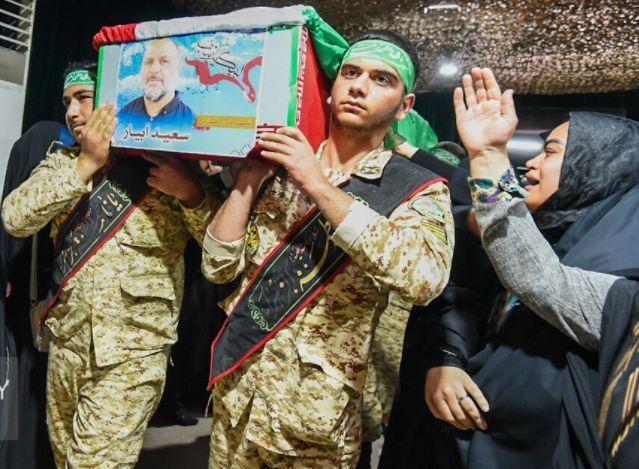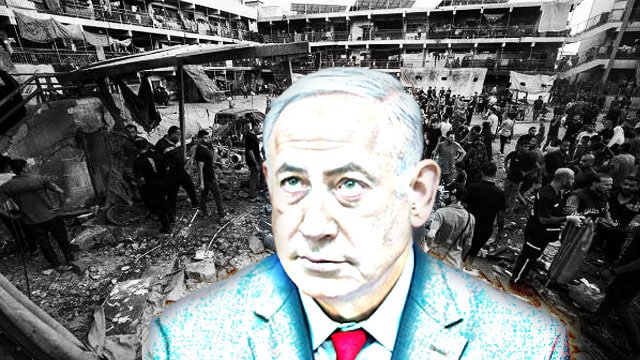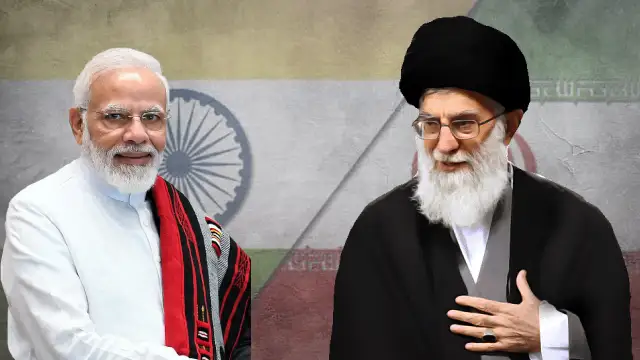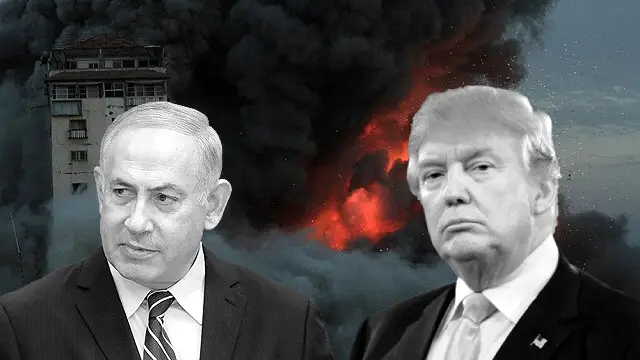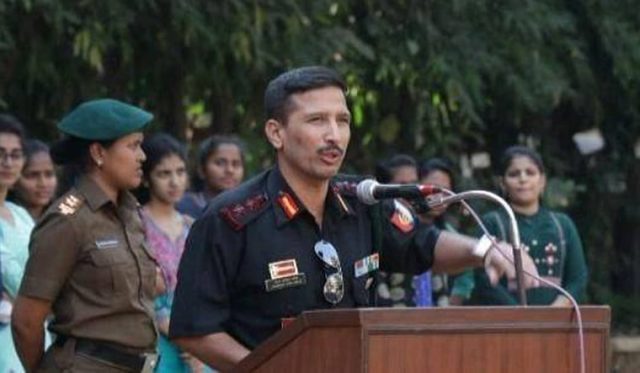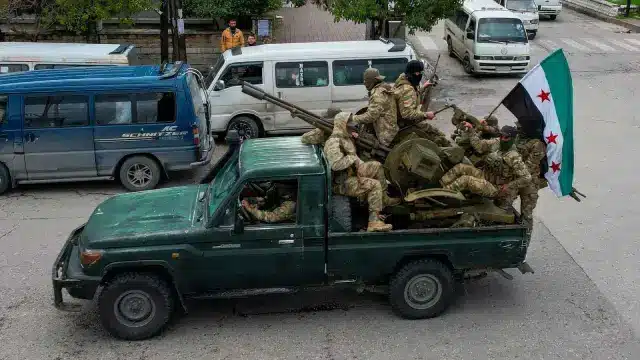The latest Israeli airstrike in Syria’s Aleppo killed another Iranian general on Monday after the turbulence following Israel’s attack on the Iranian Embassy in April had just cooled down. Will this fresh Israeli attack come in the way of restoring peace in West Asia?
Iran’s Tasnim News posted on X (formerly Twitter) about a general of Iran’s Islamic Revolutionary Guard Corps (IRGC), Saeed Abiyar, being killed in the latest Israeli airstrike in Syria. General Abiyar had been in Syria since 2012 as a military advisor.
Major General Hussein Salami, the commander in chief of the IRGC, attended the funeral ceremony of General Abiyar. The IRGC chief vowed to punish Israel for shedding ‘holy blood’.
According to IRNA, Israeli warplanes hit the town of Hayyan in the northwest of Aleppo province in the early hours of Monday, targeting some “sites”, which resulted in several deaths and material damage.
Syrian state news agency SANA reported the incident without providing information on fatalities.
The Israel Defence Force (IDF) has not made any statement acknowledging the attack on Monday in Syria, which is what it usually does.
This is neither the first time that Israel has attacked the Syrian province nor the first time that it has killed an Iranian general. Since Israel’s invasion of Gaza started in October 2023, the IDF has been attacking Iran, Syria and Lebanon on and off.
At the same time, its allies, the US and the UK have been attacking Yemen to thwart the latter’s attempt to disrupt Israeli ship movement in the Red Sea, near the Gulf of Aden.
In April, the IDF bombed the Iranian embassy compound in Damascus killing many military personnel, including General Mohammad Reza Zahedi, a senior Iranian official.
In retaliation, Iran launched its first-ever direct strike against Israel on April 14 by firing over 300 airborne weapons. Israel said that 99%of it was intercepted and Tel Aviv reportedly retaliated targeting an Iranian military air base in Isfahan.
Will Iran- Israel tension rise?
After the exchange of attacks in April, Mohammad Jamshidi, the deputy chief of staff to the Iranian president, wrote on X about the “changed equation”. He stated, “Targeting Iranian personnel and assets by the regime will be met with a direct and punishing response.”
However, Iran is in the middle of an election process currently after former president Ebrahim Raisi was killed in a helicopter crash. On the other hand, facing isolation, Israel is gripped with global pressure over its aggressive assault in Gaza. In such circumstances, How likely is it for Iran to retaliate?
US’s plan to end war near?
The US has been trying to conciliate to end the war between Israel and Hamas after eight months of reckless airstrikes in Gaza killing 36,550 civilians. The deadly tent massacre in Rafah in late May attracted global condemnation, isolating Israel and putting pressure on Prime Minister Benjamin Netanyahu to stop the attacks on Rafah.
The US has shared a three-pronged peace deal for Gaza, which the Hamas representative has considered positive. However, Mr Netanyahu, threatened by far-right coalition partners, is keen to save his government and has not committed anything to the US.
While Washington’s proposal that might end the eight-month-long destruction in the Middle East, is on the way, will the tensions between Iran and Israel, fuelled by the latest Israeli airstrike in Syria. targeting an Iranian military official, affect the process of attaining peace in the region?
A journalist interested in national and international news. She aspires to highlight the common people's concerns through human interest stories and deep-dive articles on geopolitics.

